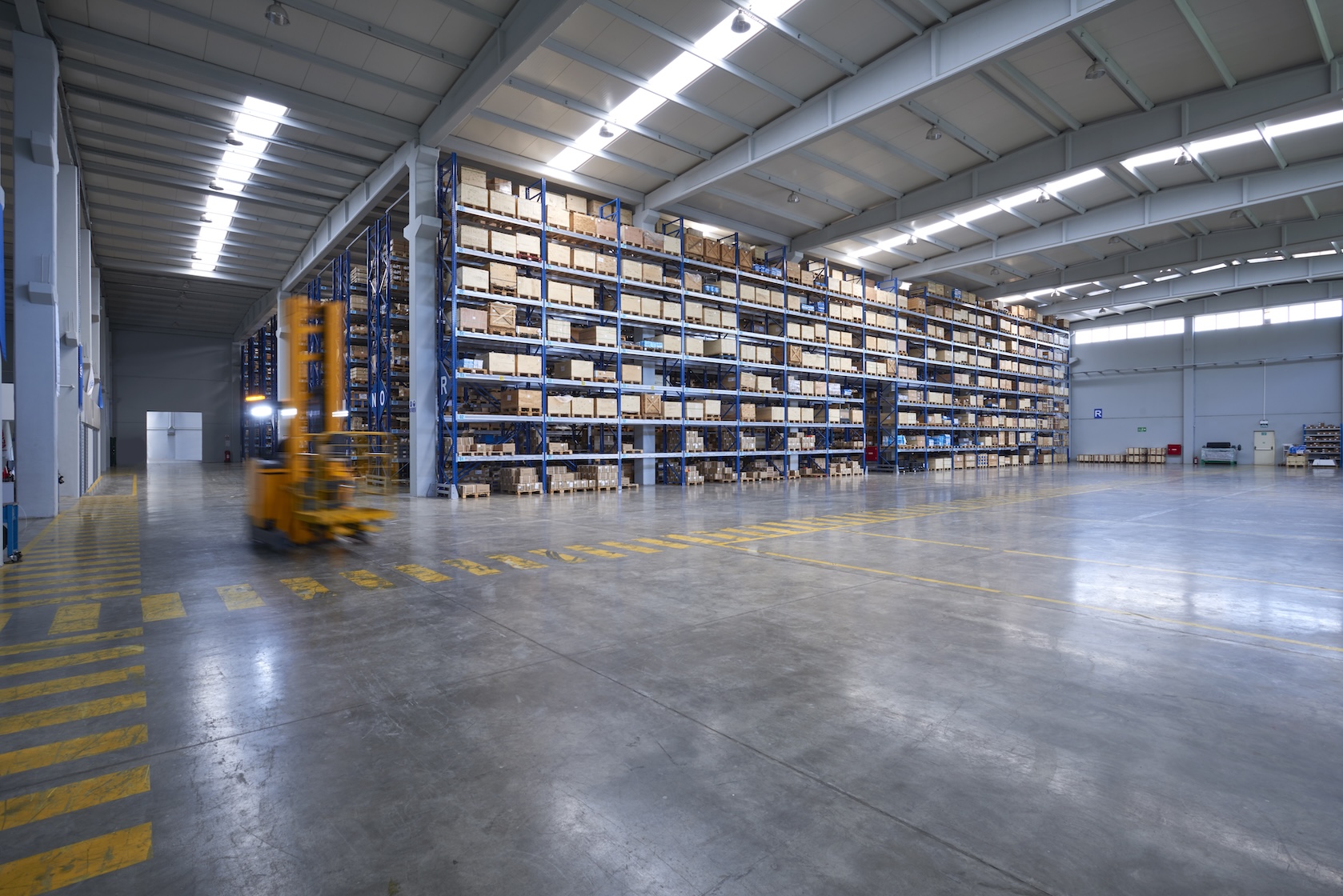Electrification Trends in Port and Logistics: Insights from the March 2024 Tradeshow Circuit

Last month, Nyobolt made expeditions to two prominent industry events; Modex 2024 in Atlanta, USA, and LogiMat2024 in Stuttgart, Germany.
As the demand for electrification surges across the logistics sector, we delve into key takeaways reshaping the industrial electrification landscape from material handling warehouses to the bustling Port of Rotterdam.
- Drive Towards Electrification: Cost savings and sustainability targets are the primary drivers behind the industry’s shift towards fleet electrification.
- Critical Need for Energy Density: With a focus on 24/7 operations, the industry is clamoring for energy-dense and fast-charging solutions to power factories, warehouses, and ports efficiently.
- Challenges with Current Battery Solutions: As the industry swaps out the low energy density lead acid for lithium-ion solutions, existing battery technologies struggle to sustain operations throughout the day, necessitating frequent pack replacements and hindering productivity.
- Demand for Rapid Charging: The industry demands swift charging solutions to minimize downtime. Current offerings fall short at 1C charging capabilities, while Nyobolt’s Xtreme battery systems lead the pack with up to 30C charging capability.
- Modular Approach for Versatility: Standardized cavity dimensions across industrial applications pave the way for modular battery solutions, driving down costs for both suppliers and customers.
- Balancing Cost and Value: Price sensitivity is a significant concern. Battery manufacturers must offer solutions that strike a balance between upfront costs and total cost of ownership.
In summary, it’s clear that there is demand for ultrafast lithium-ion battery systems tailored for industrial machinery, robotics, and port equipment. In order to enable businesses to optimize fleet efficiency, achieve near-continuous uptime, and expedite their journey towards sustainability goals, electrification systems must be capable of extreme fast charges as well as economical.
Overall, by reducing the number of machines required in a single fleet and facilitating thousands of fast-charge cycles over many years, new advances in lithium-ion technology can empower businesses to enhance operational efficiency and bolster profitability.